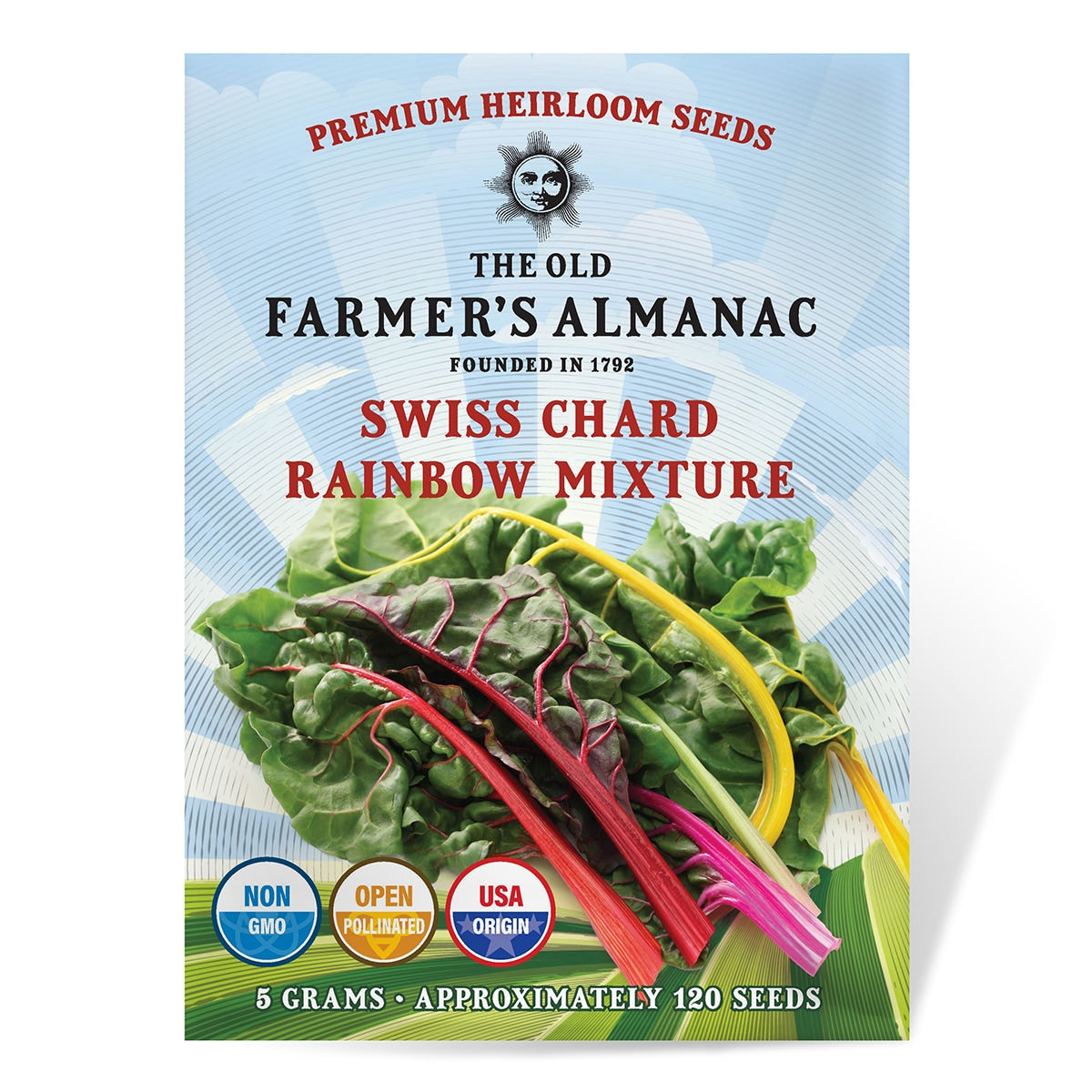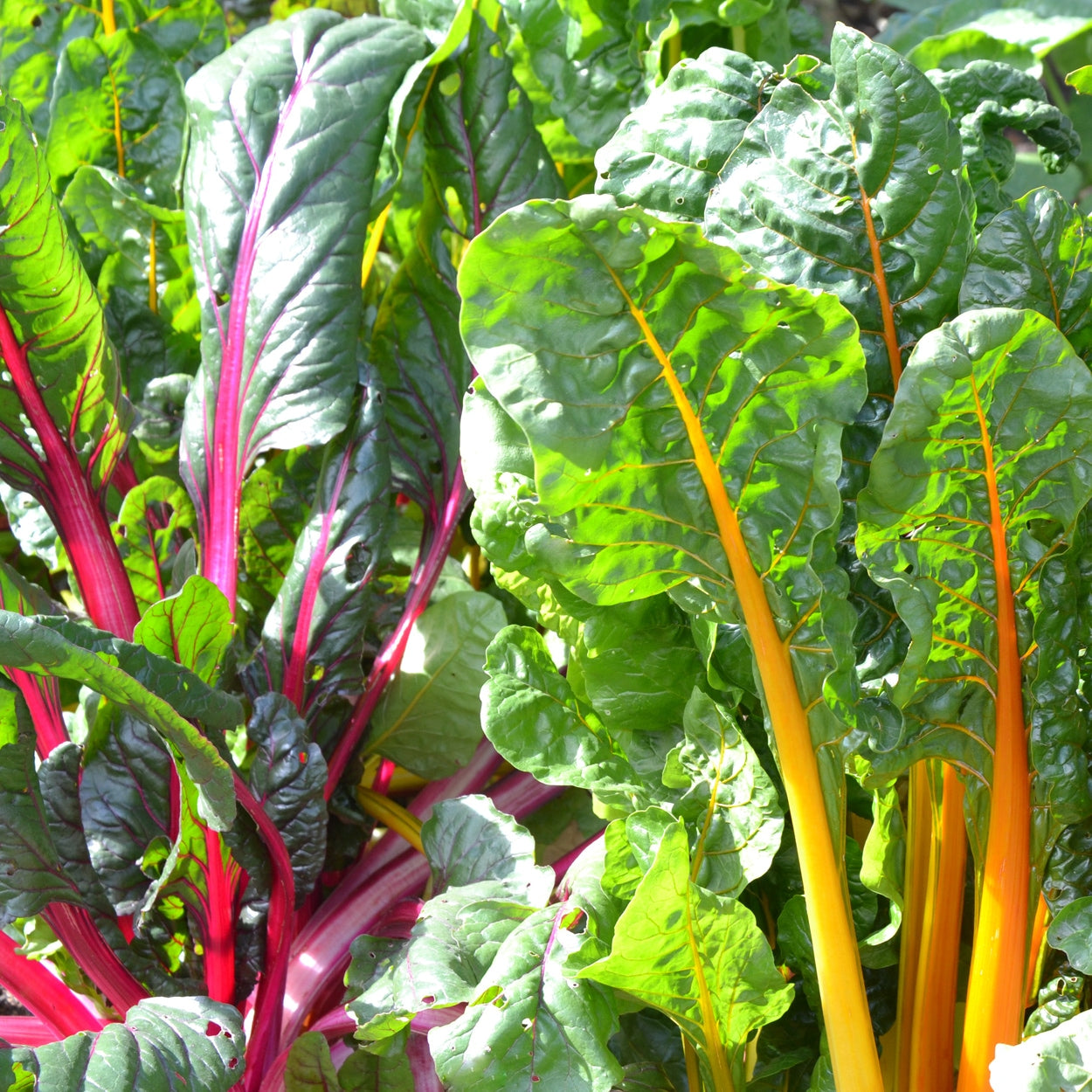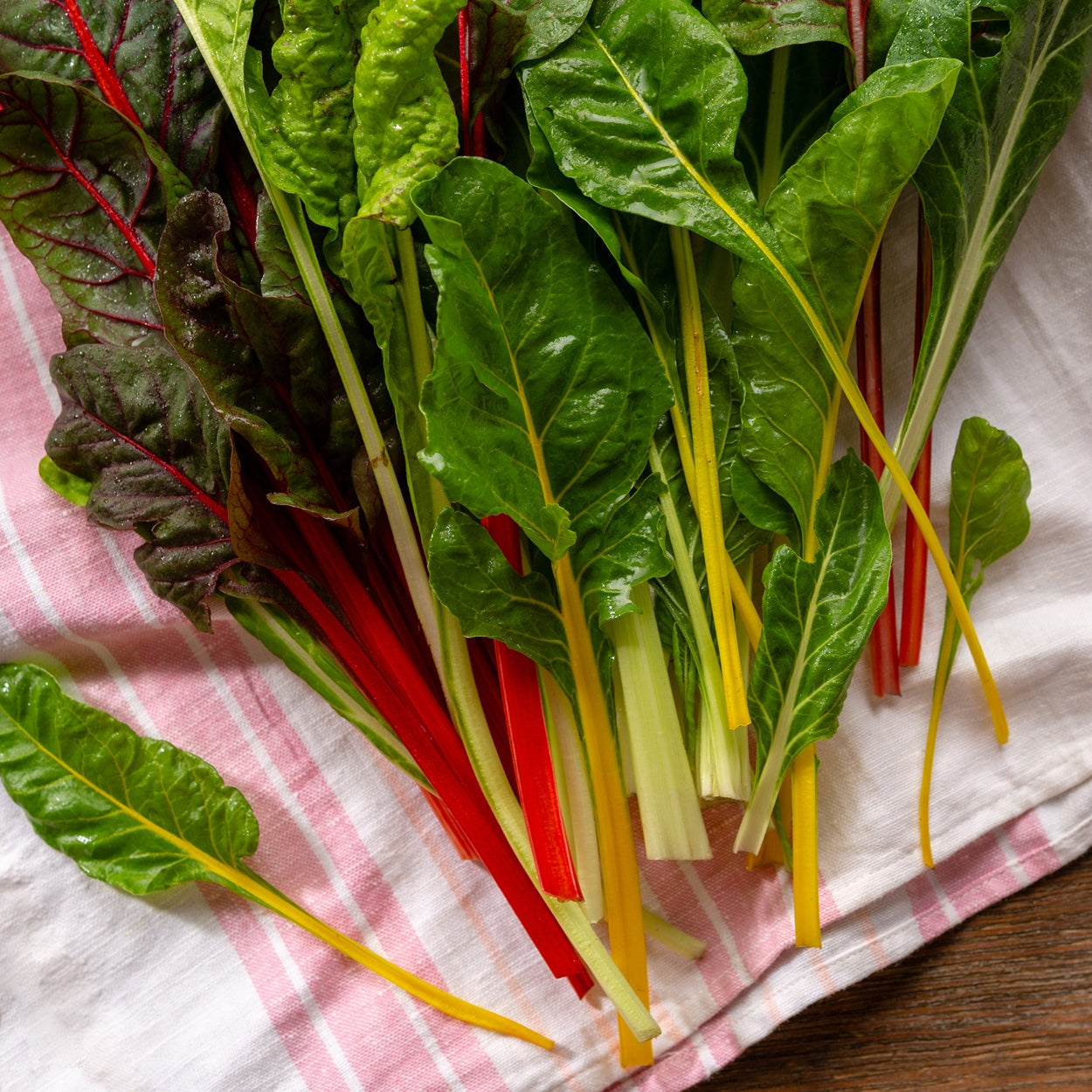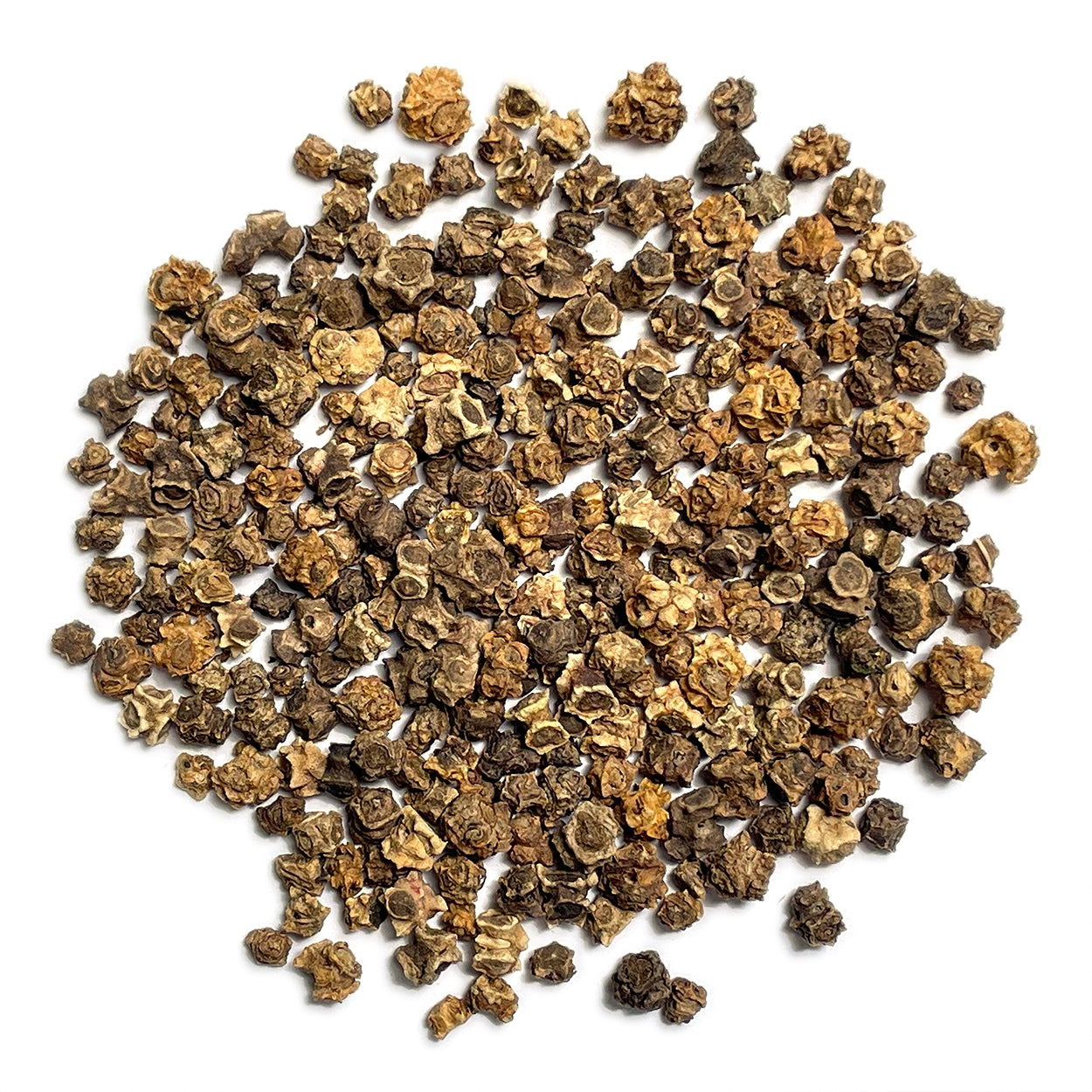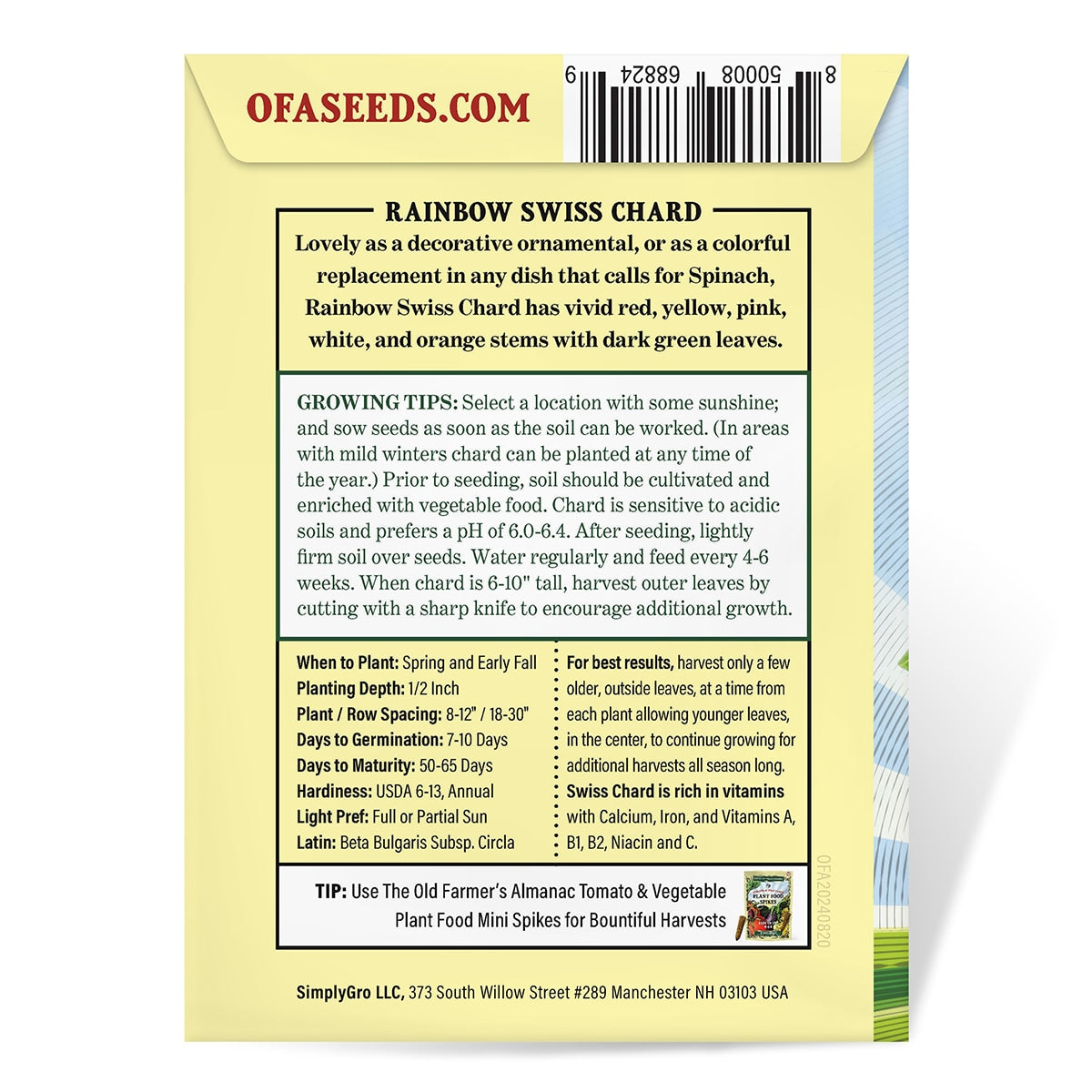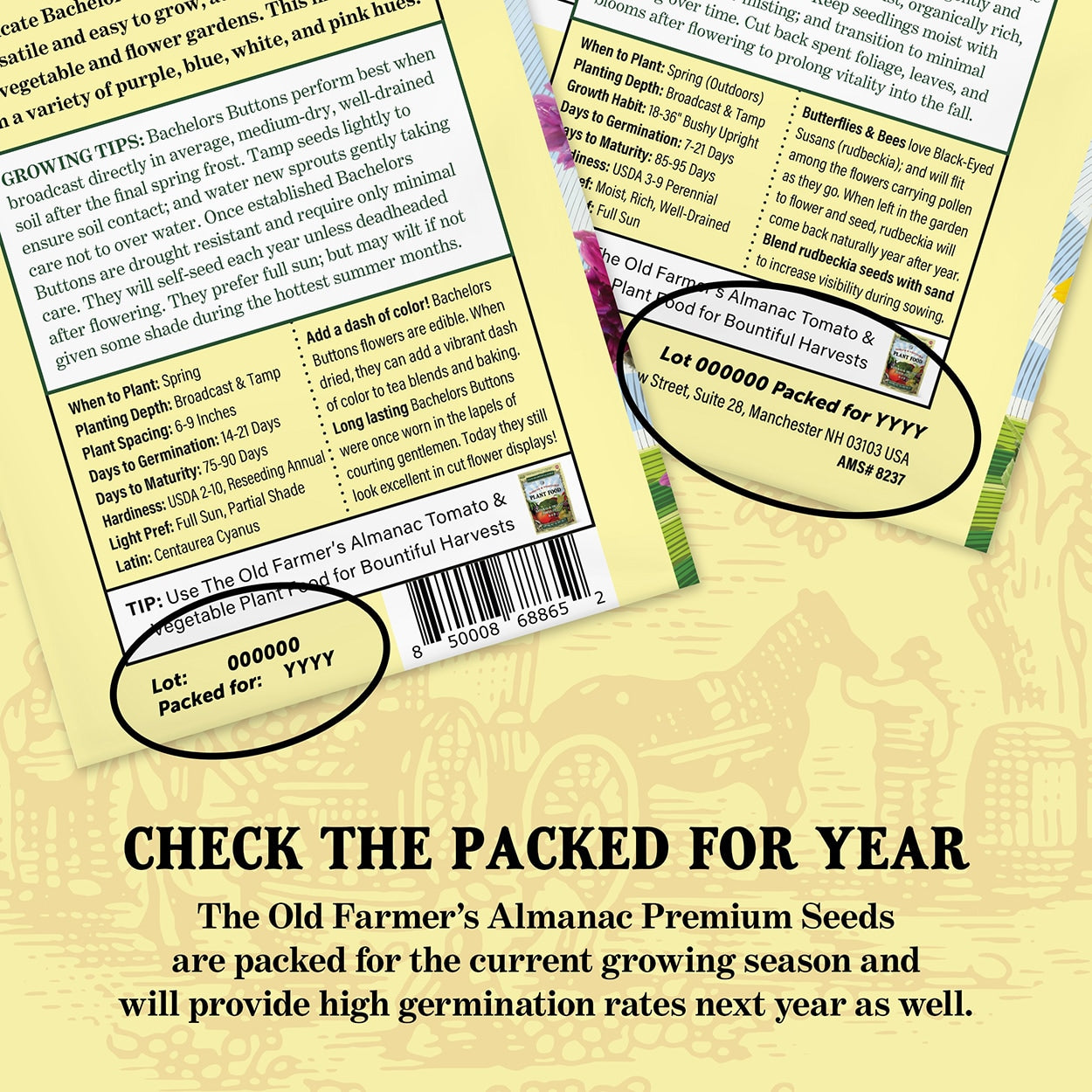Caryophyllales
The Old Farmer's Almanac Heirloom Rainbow Mix Swiss Chard Seeds
The Old Farmer's Almanac Heirloom Rainbow Mix Swiss Chard Seeds
Couldn't load pickup availability
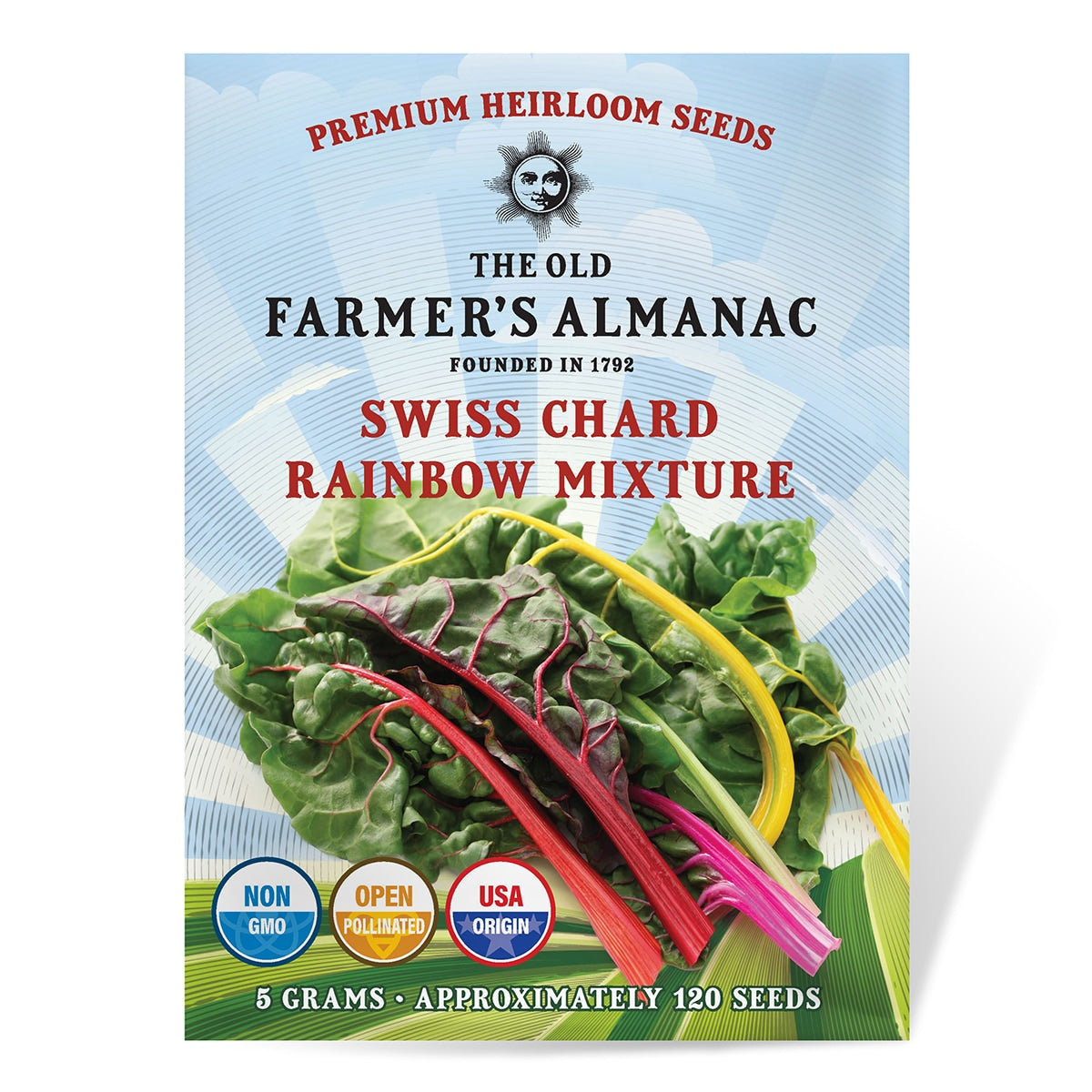
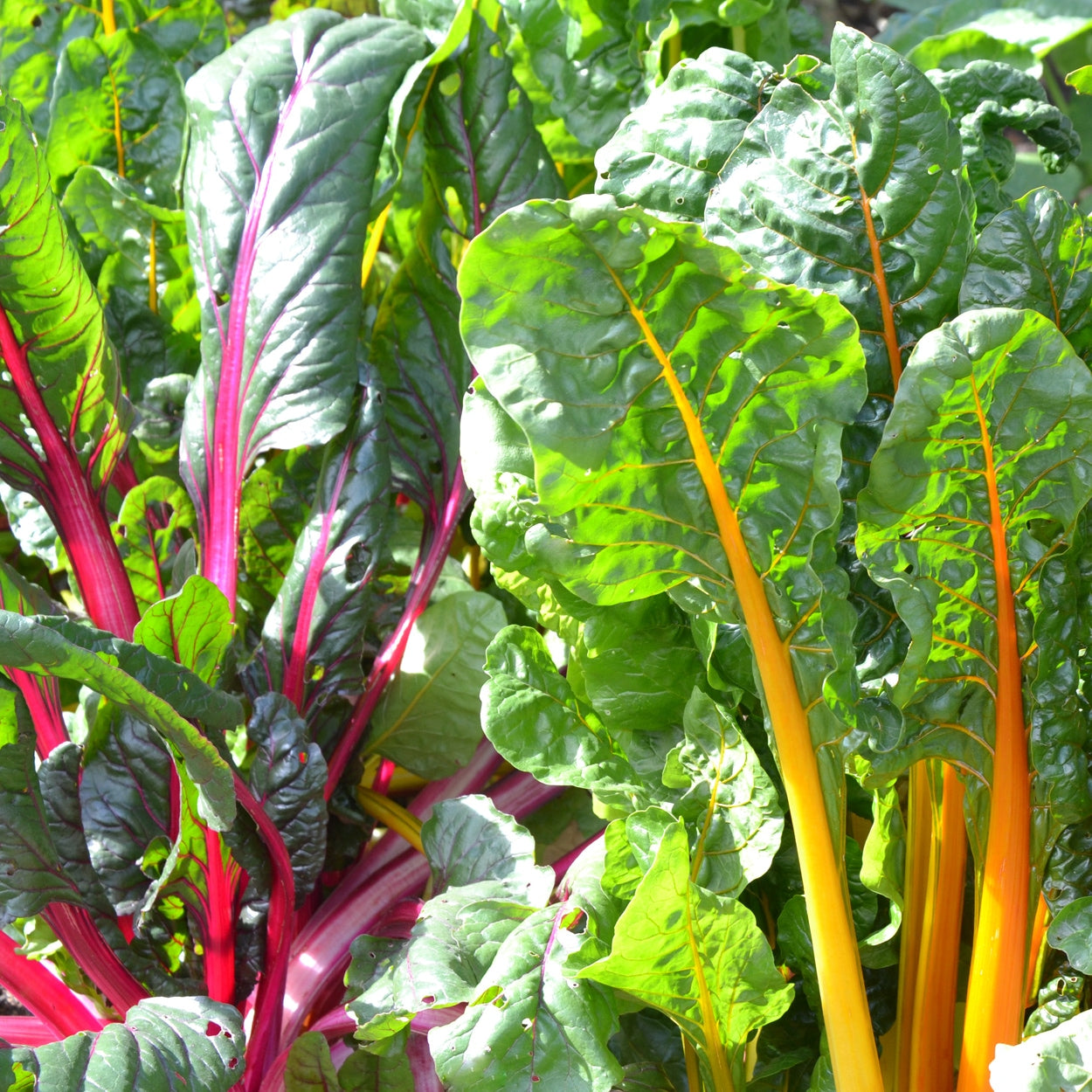
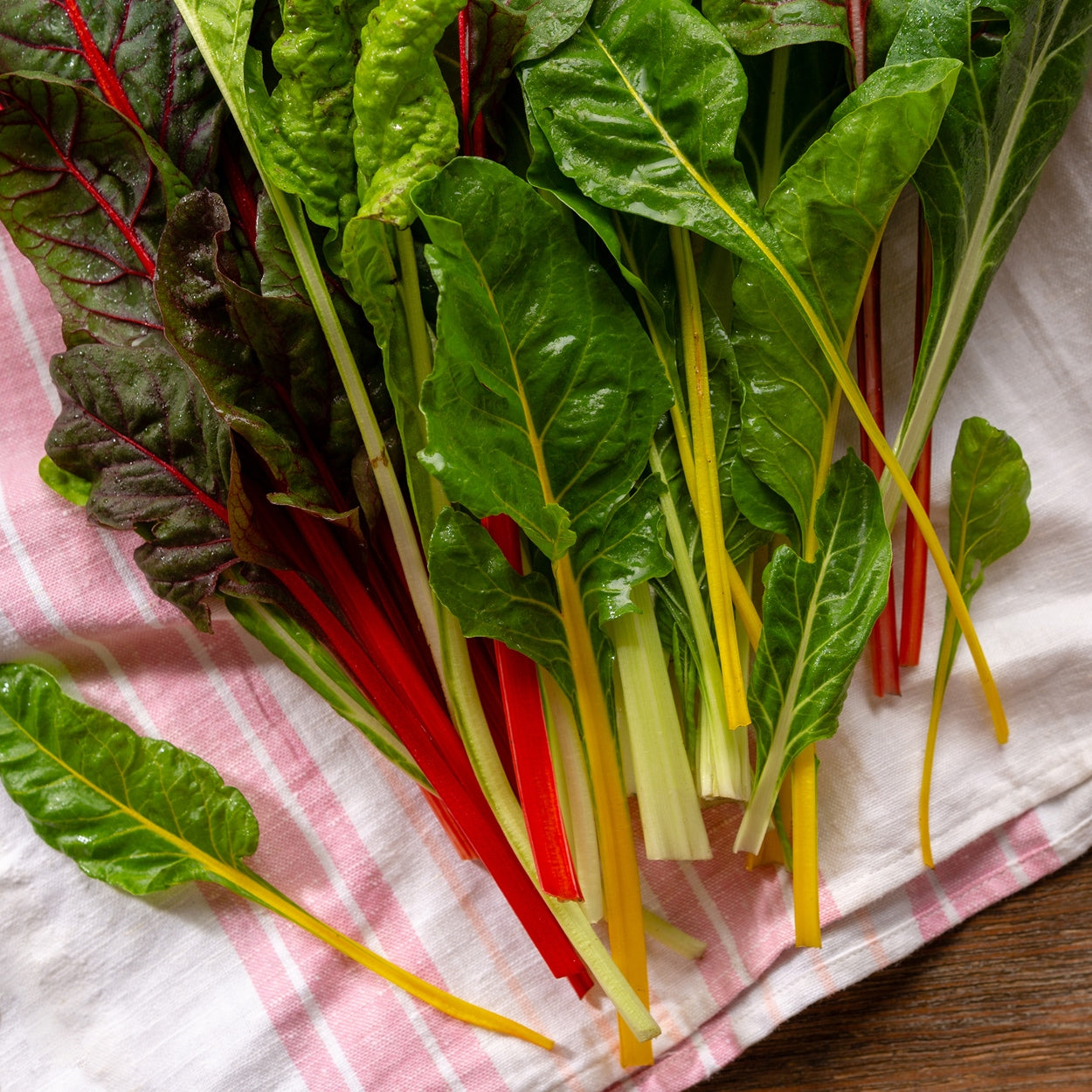
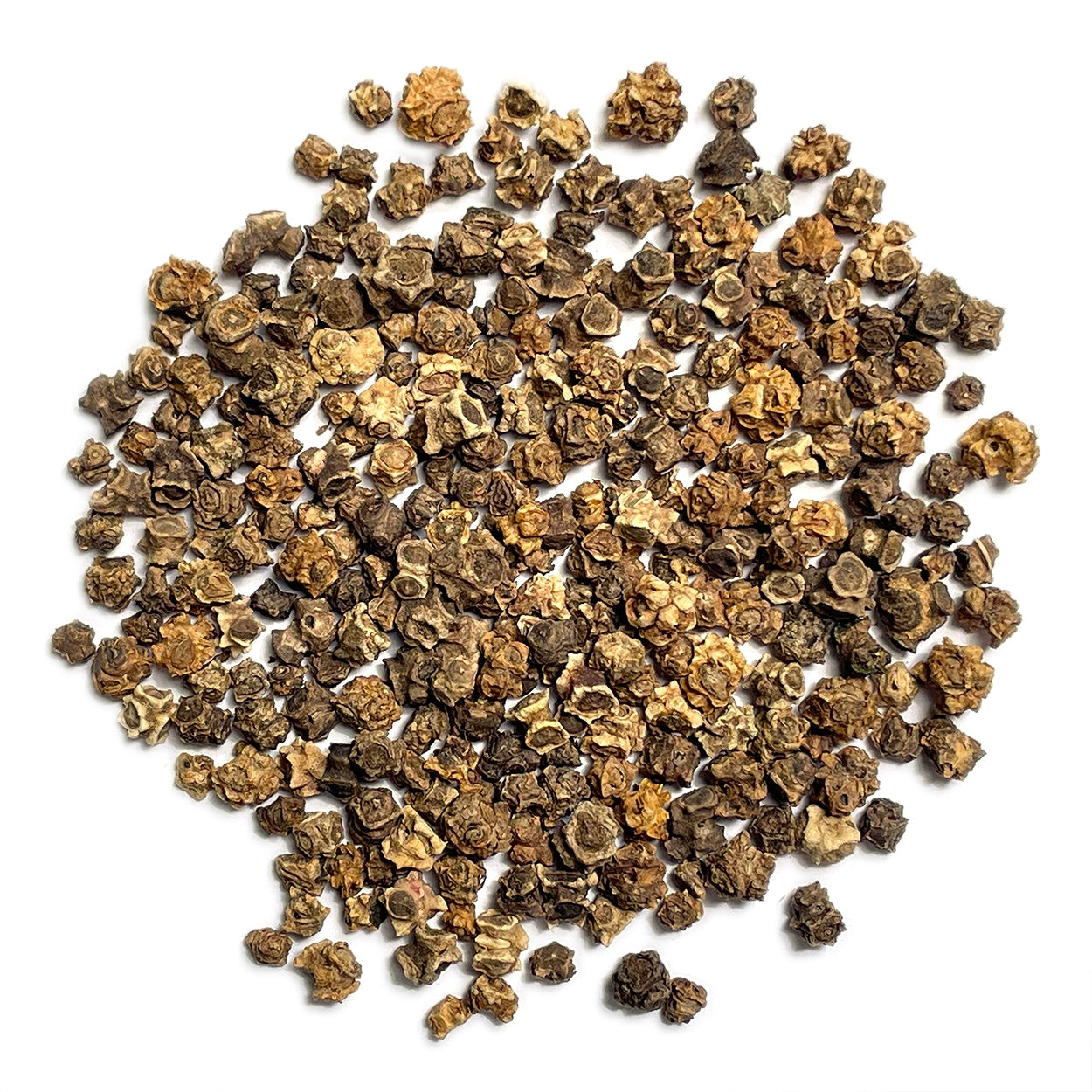
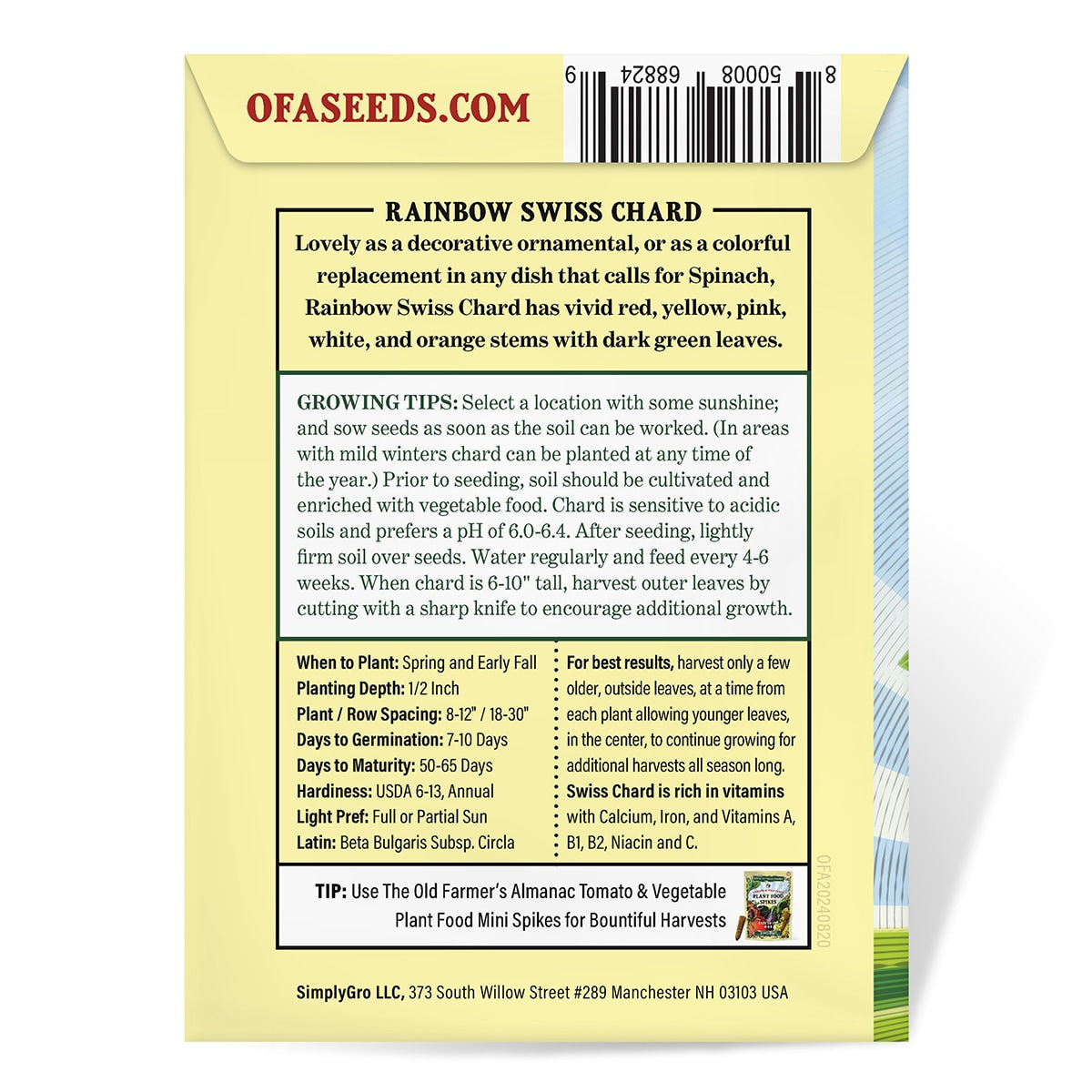


Collapsible content
DESCRIPTION
Lovely as a decorative ornamental, or as a colorful replacement in any dish that calls for Spinach, Rainbow Swiss Chard has vivid red, yellow, pink, white, and orange stems with dark green leaves. Premium, non-GMO, open pollinated, heirloom Rainbow Mix Swiss Chard Seeds from The Old Farmer's Almanac have high germination rates and are proudly sourced from American farms.
Freshly Packed: These seeds are packed for the current growing season and will provide high germination rates next year as well.
Premium Packaging: All seeds from The Old Farmer’s Almanac are packaged in individually styled packets ideal for gifts, storage or immediate use. Each packet displays the flower, vegetable, plant or herb variety on the front with instructions and plant facts on the back.
GROWING TIPS
Select a location with some sunshine; and sow seeds as soon as the soil can be worked. (In areas with mild winters chard can be planted at any time of the year.) Prior to seeding, soil should be cultivated and enriched with vegetable food. Chard is sensitive to acidic soils and prefers a pH of 6.0-6.4. After seeding, lightly firm soil over seeds. Water regularly and feed every 4-6 weeks. When chard is 6-10" tall, harvest outer leaves by cutting with a sharp knife to encourage additional growth.
For best results harvest only a few older, outside leaves, at a time from each plant allowing younger leaves, int he center, to continue growing for additional harvests all season long.
Swiss chard is rich in vitamins with Calcium, Iron and Vitamins A, B1, B2, Niacin and C.
Wit & Wisdom: Swiss chard originated in -- you guessed it -- Mediterranean Europe! Oddly enough, chard is not native to Switzerland at all. According to legend, a Swiss botanist was responsible for determining chard's scientific name and the "Swiss" just stuck! Read The Old Farmer's Almanac Swiss Chard Growing Guide!

